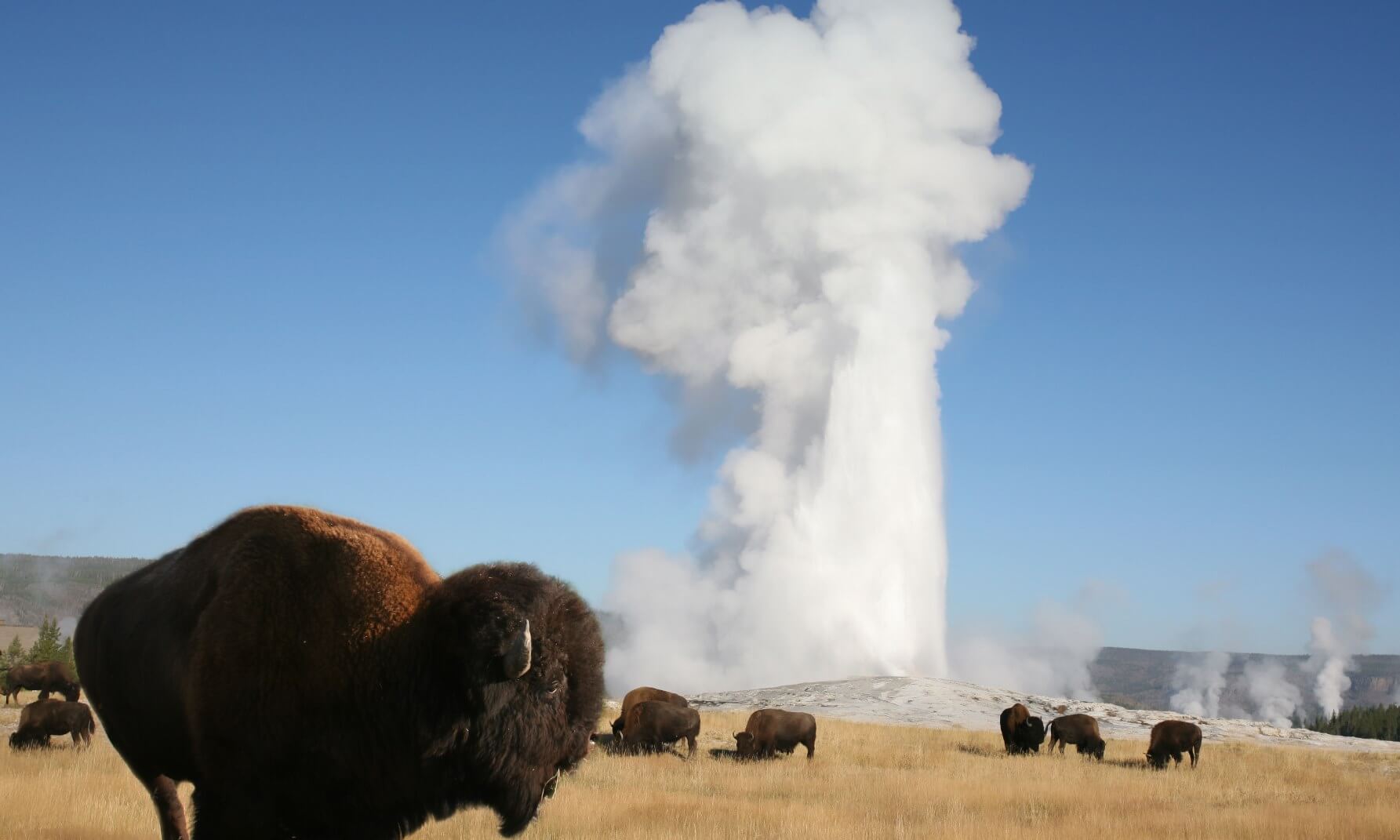Course explores new field at intersection of genomics and society
Source: University of Wisconsin-Madison
As sequencing one’s genes becomes more common, the field of social genomics is growing.

As sequencing one’s genes becomes more common, the field of social genomics is growing.

Meet a bizarrely adorable creature that lives in the deep sea all over the world.

In recent years we’ve heard at lot about the possibility of the volcanoes at Yellowstone erupting. Find out the facts about this rumored disaster.

A day is a day long, right? Not so fast. Author Randall Munroe explores the difference between what we perceive and how fast the Earth is turning.

By incorporating environmental data into her artwork, scientist and artist Jill Pelto hopes to inform an audience who might not otherwise seek out the information. Scroll through the images at the top of the article to view her work.

What goes on in our brains before we ever put a piece of food in our mouths? Our senses of smell, sight and touch contribute a lot to how we perceive the taste of food.

China are in the process of building a futuristic “Forest City” aimed at helping to improve the problem of air pollution and climate change. It is a great initiative and one that could be replicated in other countries in the future.

Scientists gathering data recently came upon the deepest-known cold water coral reef. It is located in Irish waters, specifically in the Atlantic Ocean. With this discovery comes the surprise and excitement of finding new species.

An Audubon Society program for nursing homes and assisted-living facilities, Bird Tales is intended to help people with dementia connect to the natural world. By encouraging elderly patients to create better habitats for native bird populations, both communities benefit.

Psychology researchers are beginning to change one of their most basic assumptions about their test subjects.